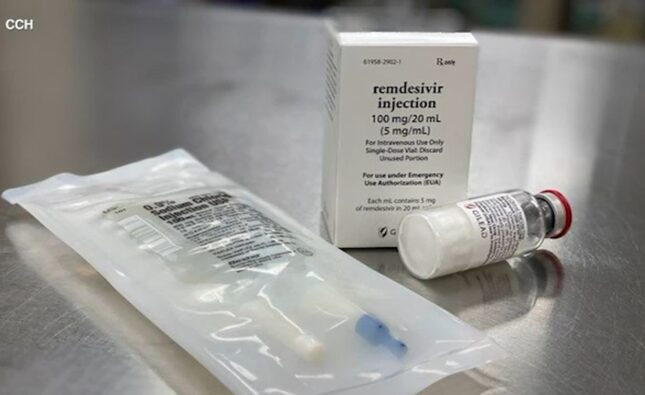
Pharmaceutical corporation Merck has found out that gefapixant, its experimental drug designed to cope with persistent cough, nevertheless has a long way to head earlier than hitting the United States market. As a part of its announcement, Merck stated it has obtained a Complete Response Letter (CRL) from the FDA looking for extra information about the drug’s efficacy, that means the company has declined to approve the remedy at this time.
FDA desires to understand extra
Gefapixant is a selective P2X3 receptor antagonist that, Merck says, continues to be investigational at this time. The oral medication, need to it ever get approval withinside the US, will be the nation’s first drug designed to deal with unexplained persistent cough (UCC) and refractory persistent cough (RCC) in adults.
Merck has been eyeing approval withinside the US for a while. The pharmaceutical corporation formerly despatched its gefapixant New Drug Application (NDA) to the FDA, in the long run receiving an popularity reaction from the company in March 2021 (thru Merck). Fast-ahead almost a yr and the FDA has subsequently despatched Merck its Complete Response Letter requesting extra data approximately gefapixant.
In its letter, which Merck says it’s far nevertheless reviewing at this time, the FDA asked extra data approximately gefapixant’s efficacy. The pharmaceutical corporation says the FDA’s letter wasn’t associated with the drug’s protection profile. It’ll take time for Merck to study the CRL and get returned to the company.
Approved in Japan
Though the United States FDA declined to approve the drug at this time, gefapixant obtained a hotter reaction in Japan, in which the nation’s Ministry of Health, Labor and Welfare made the choice to approve the remedy below the call Lyfnua. That approval covers gefapixant drugs with a 45mg dosage meant to deal with adults tormented by UCC or RCC.
On September 8, 2020, Merck introduced the consequences of Phase three trials that worried treating persistent cough with 45mg drugs of gefapixant each day as compared with a placebo. The trials, which had been known as COUGH-1 and COUGH-2, found out a “statistically significant” lower in cough frequency over a 24-hour duration as compared to placebo on the 12-week and 24-week marks.
In a announcement approximately the findings, Merck Research Laboratories’ Dr. Roy Baynes stated, “Both trials met the number one endpoint on the forty five mg two times each day dosage, appreciably lowering cough frequency in those patients, and we’re thankful for the possibility to percentage those records with the clinical community.”












